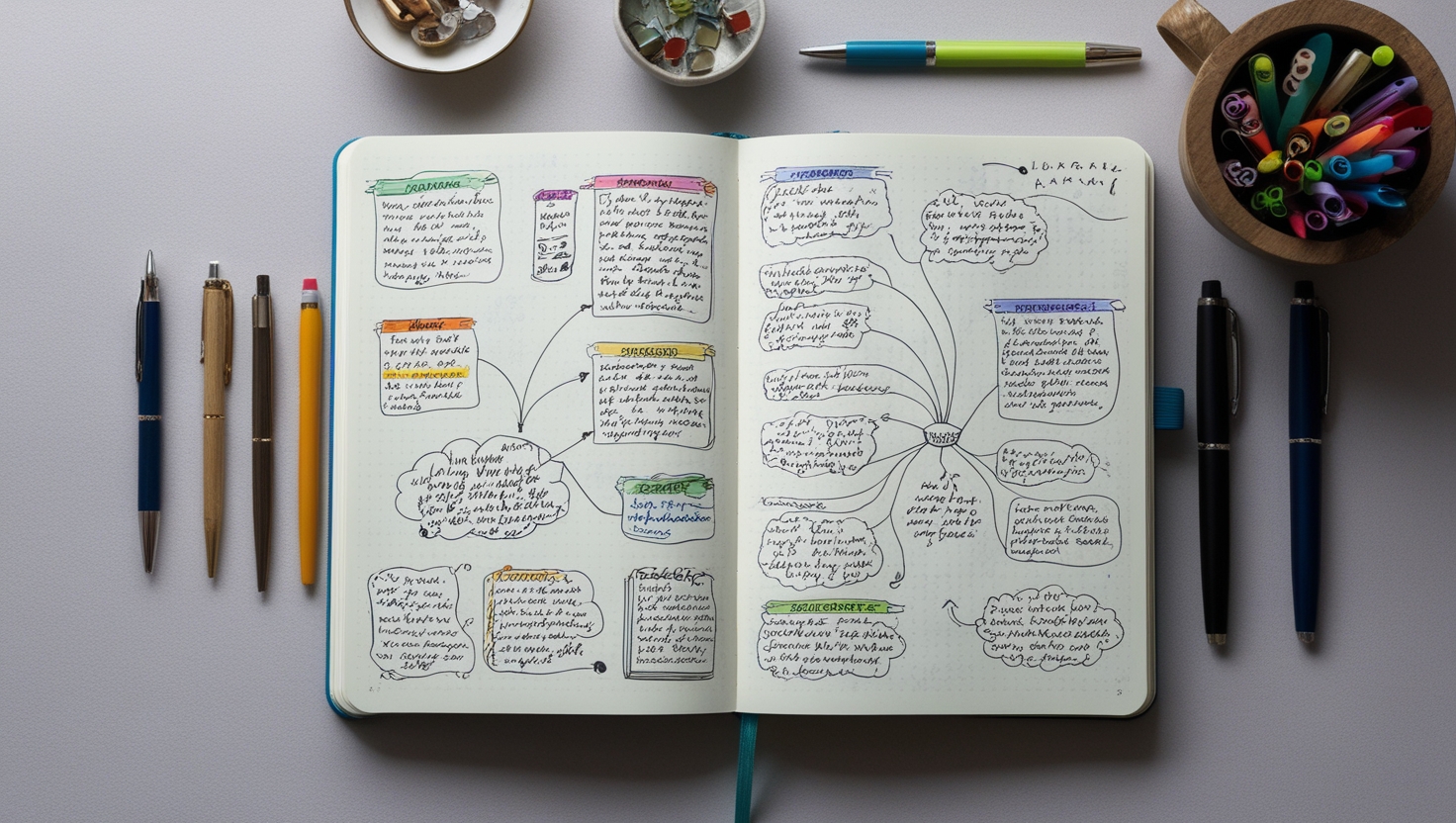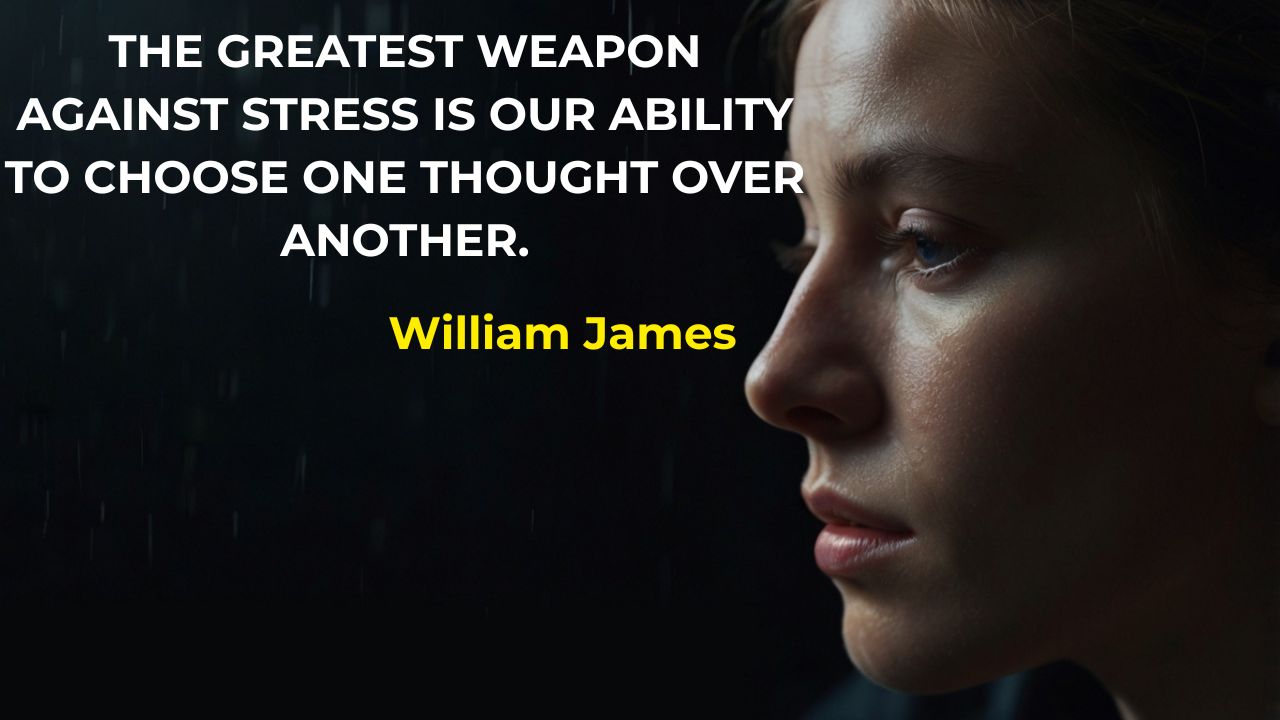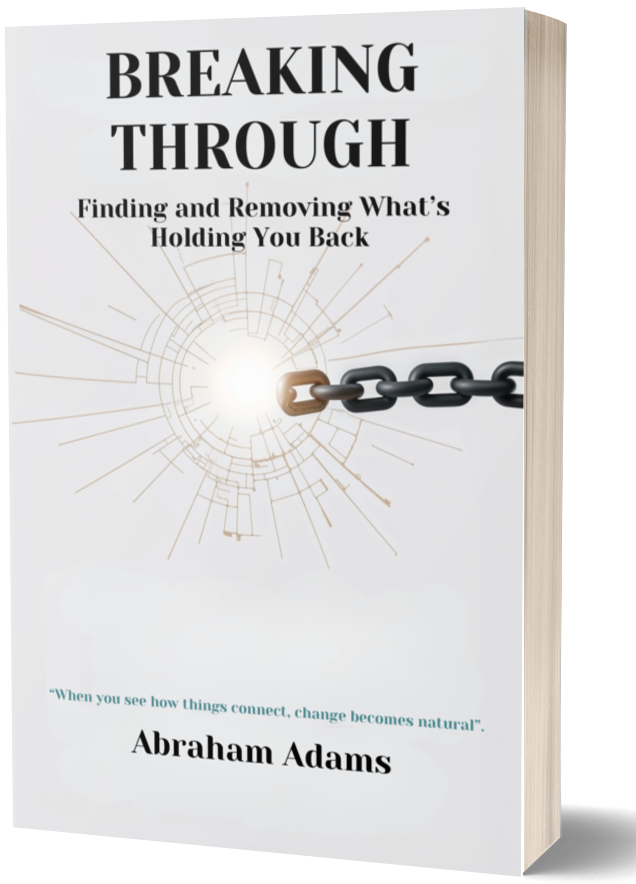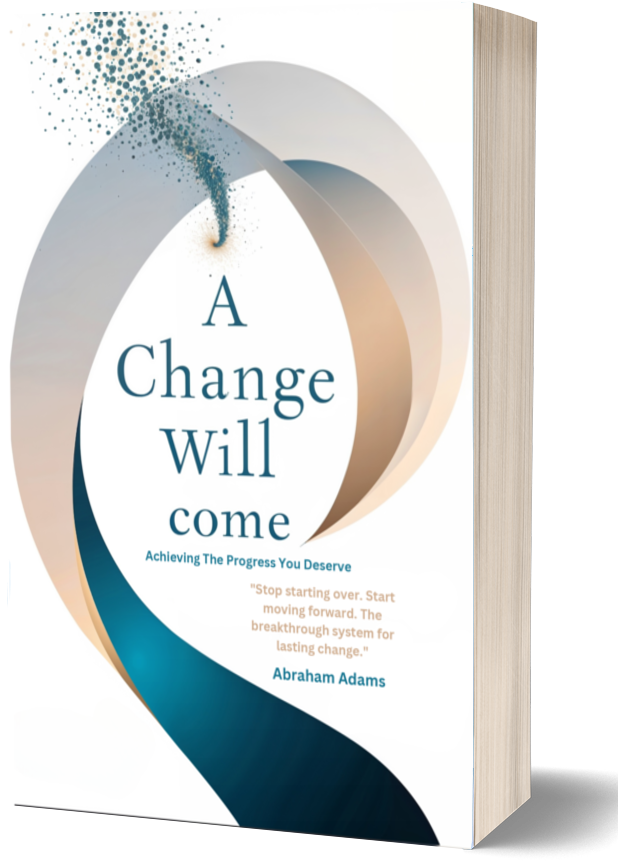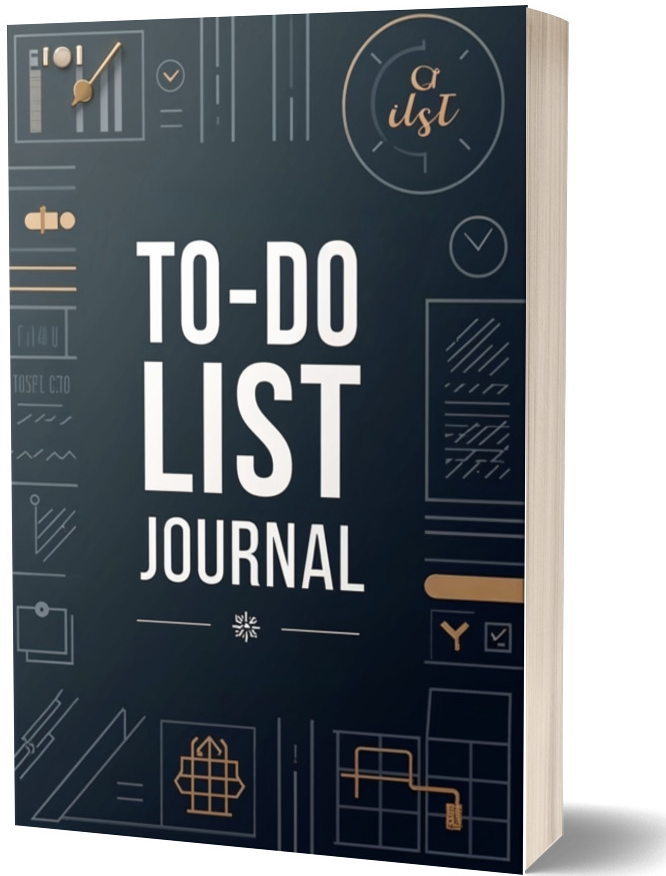Breaking Down Self-Control: A Blueprint for Reconstruction
The journey to better self-control begins with understanding its core components. Like dismantling an old building to construct something stronger, we must first break down self-control into its fundamental elements before rebuilding a more powerful version of ourselves.
Component 1: Emotional Regulation
Current State Assessment:
- How do you typically react to stress?
- What emotions trigger impulsive behavior?
- When do you feel most in control?
Rebuilding Strategy:
- Develop emotional awareness through daily check-ins
- Create a personal trigger-response map
- Build a toolkit of emotional regulation techniques
- Practice mindful response delays
Component 2: Decision-Making Framework
Current State Assessment:
- When do you make your best/worst decisions?
- What influences your choice-making process?
- How often do you act on impulse?
Rebuilding Strategy:
- Implement the 10-minute rule for important decisions
- Create decision templates for common situations
- Establish personal policies for recurring choices
- Practice decision journaling
Component 3: Environmental Control
Current State Assessment:
- What in your environment triggers poor choices?
- Where do you feel most/least in control?
- How does your space influence your behavior?
Rebuilding Strategy:
- Redesign your physical space to support goals
- Remove or limit access to temptations
- Create zones for specific activities
- Set up success triggers in your environment
Component 4: Energy Management
Current State Assessment:
- When is your willpower strongest/weakest?
- How do sleep and nutrition affect your control?
- What depletes your self-control fastest?
Rebuilding Strategy:
- Map your energy patterns throughout the day
- Schedule important tasks during peak willpower hours
- Create energy renewal practices
- Develop a sustainable sleep routine
Component 5: Habit Formation
Current State Assessment:
- Which habits support/undermine your control?
- What triggers your automatic behaviors?
- How do your routines affect your self-control?
Rebuilding Strategy:
- Identity small habits to replace problematic ones
- Create implementation intentions
- Build habit stacks around existing routines
- Track habit progress systematically
The Reconstruction Process
Phase 1: Foundation Building (Weeks 1-2)
- Self-awareness development
- Pattern recognition
- Baseline establishment
- Goal setting
Phase 2: Framework Construction (Weeks 3-4)
- New habit implementation
- Environment modification
- Routine establishment
- Support system creation
Phase 3: Strengthening (Weeks 5-8)
- Practice new responses
- Refine strategies
- Build complexity
- Increase challenges
Phase 4: Maintenance and Growth (Ongoing)
- Regular assessment
- Strategy adjustment
- Skill expansion
- Continuous improvement
Key Principles for Rebuilding
1. Progressive Overload
- Start with manageable challenges
- Gradually increase difficulty
- Build confidence through success
- Maintain sustainable progress
2. System Integration
- Connect all components
- Create supporting frameworks
- Establish backup plans
- Develop mutual reinforcement
3. Adaptive Response
- Monitor effectiveness
- Adjust as needed
- Learn from setbacks
- Evolve strategies
4. Sustainable Practice
- Focus on long-term success
- Build realistic expectations
- Create maintainable systems
- Plan for ongoing development
Moving Forward
Remember that rebuilding self-control is not about achieving perfection but creating a stronger, more resilient system. Each component strengthens the others, creating a comprehensive framework for better self-management.
Your Next Steps:
1. Choose one component to focus on first
2. Assess your current state honestly
3. Select appropriate rebuilding strategies
4. Begin implementation
5. Track and adjust as needed
The process of breaking down and rebuilding self-control takes time, but each small improvement creates momentum toward lasting change. Start with one component, master it, then move to the next. Your future self will thank you for the foundation you're building today.
- Audio Articles
- Audio Articles 1
- Audio Articles 2
- Audio Articles 3
- Audio Articles 4
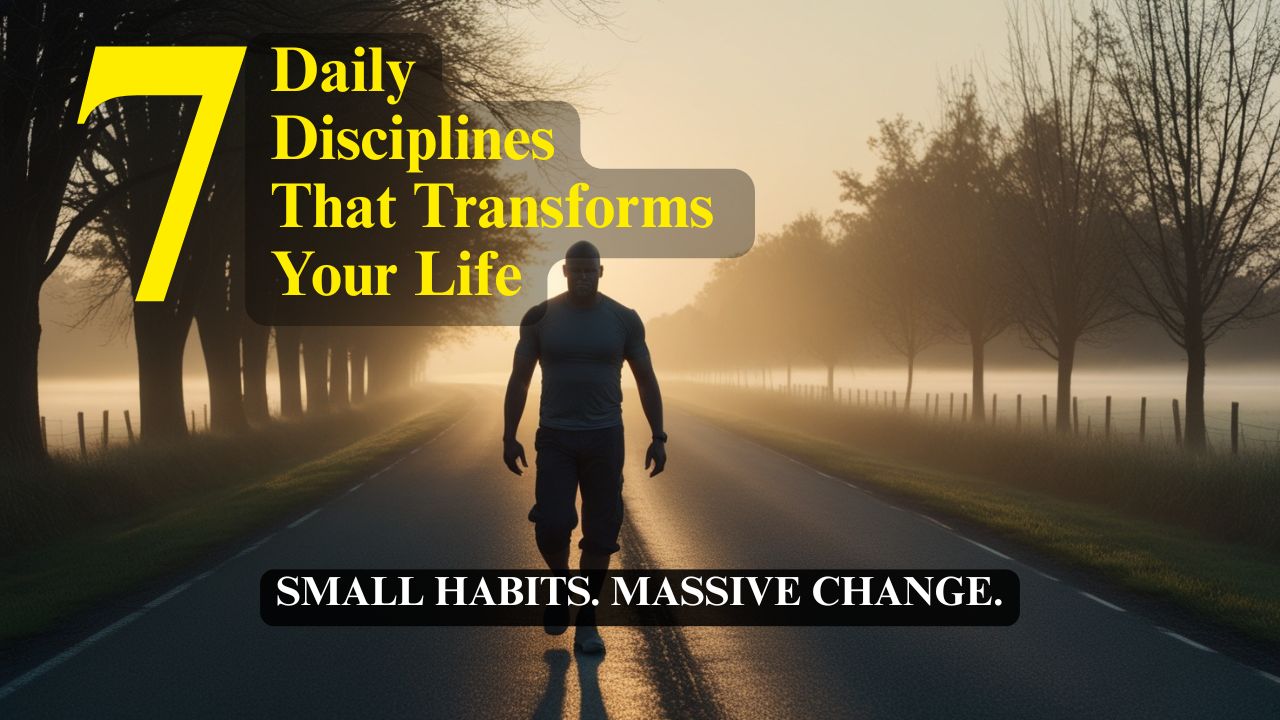
7 Daily Disciplines That Transform Your Life
The power to act with intention, to align your actions with your values, and to move steadily toward a life of purpose—even on days you don't feel like it.
Read Full Article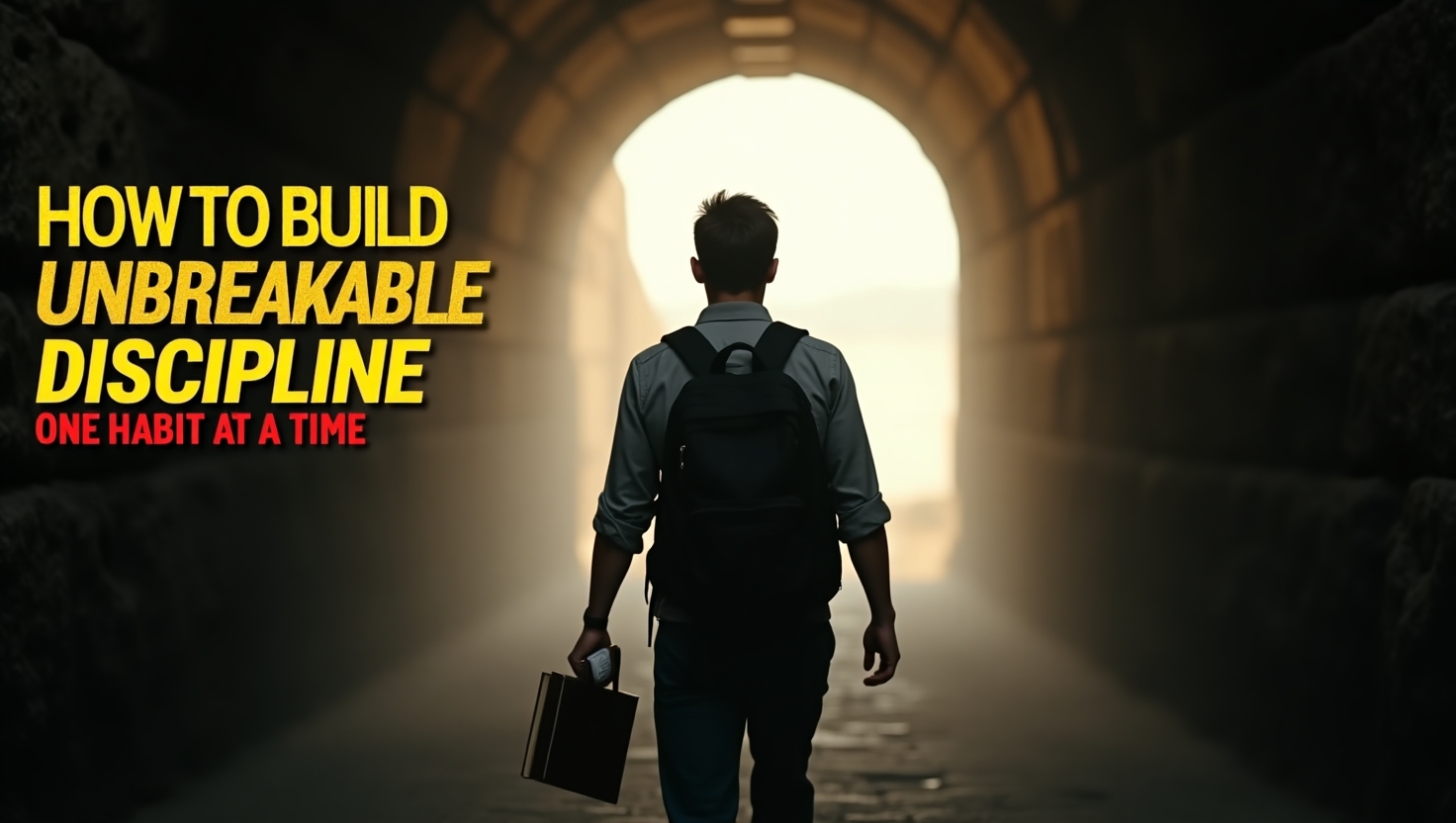
How to Build Unbreakable Discipline
Discipline is built—habit by habit, choice by choice, day by day. And the most powerful kind? The kind that doesn’t crack under pressure. The kind that becomes part of who you are.
Read Full Article
Why Motivation Fails And Discipline Wins Every Time
We all love the feeling of motivation—that surge of energy, that rush of inspiration that makes everything seem possible. But here’s the problem: motivation is unreliable. It’s emotional. It comes and goes. And if your goals rely on you “feeling like it,” you’re already in trouble.
Read Full Article
Discipline Over Desire
Desire is loud. It burns bright, talks fast, and loves to dream. But desire alone doesn't achieve much. Every person has desires. Very few have the discipline to bring them to life.
Read Full Article
The Science of Sticking
If you've ever tried to build a new habit, you've probably heard that it takes 21 days. This number gets thrown around so often that it feels like scientific fact.
Read Full Article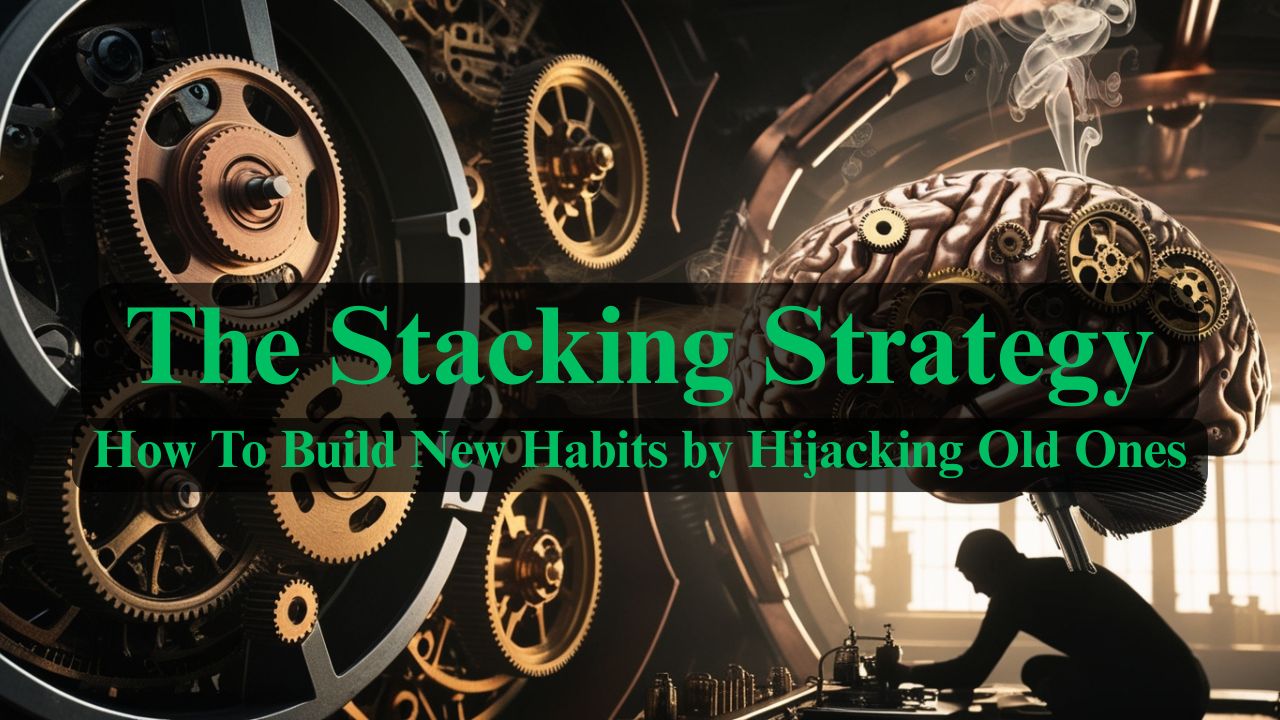
The Stacking Strategy
What if I told you that the habits you already have—even the ones you consider "bad"—could become the secret weapons for building the habits you want?
Read Full Article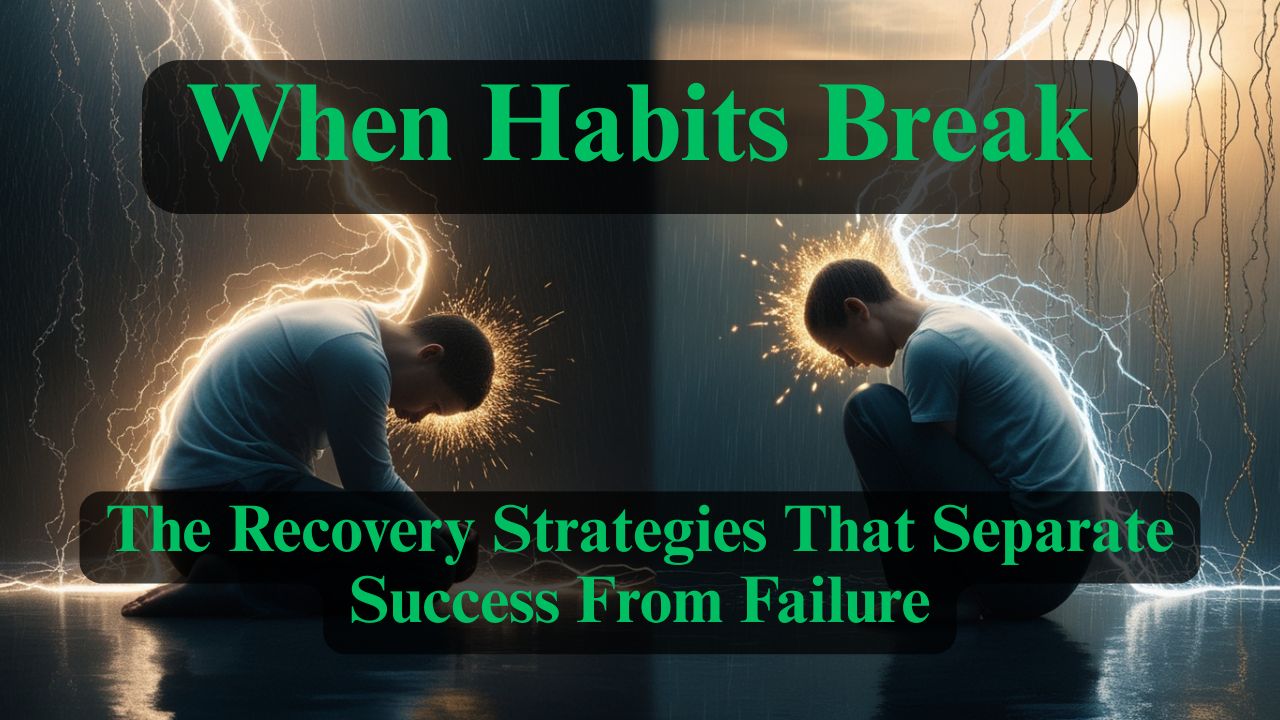
When Habits Fail - The Recovery Strategies That Separate Success From Failure
Here's what nobody tells you about building habits: you will fail. You'll miss days. You'll fall off track. You'll have weeks where everything falls apart.
Read Full Article
The Ultimate System - Designing a Life Where Good Habits Are Inevitable
You've learned to recognize habits, understand their formation timeline, stack them strategically, and recover from setbacks.
Read Full Article
